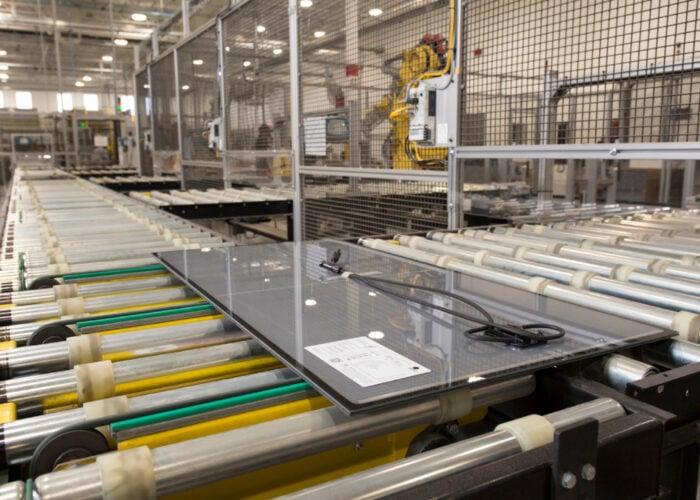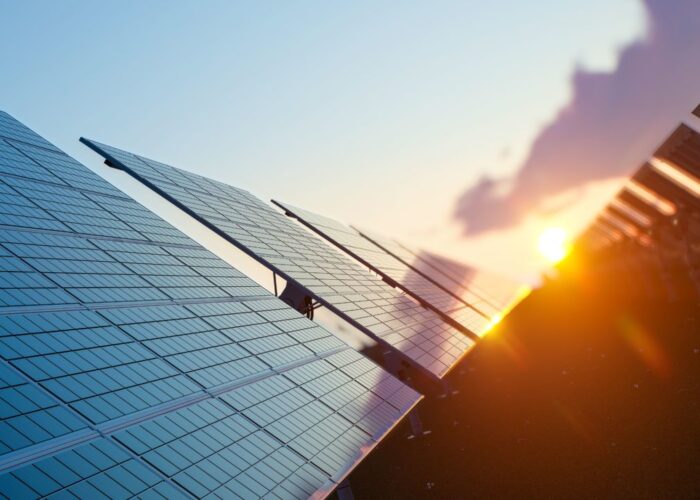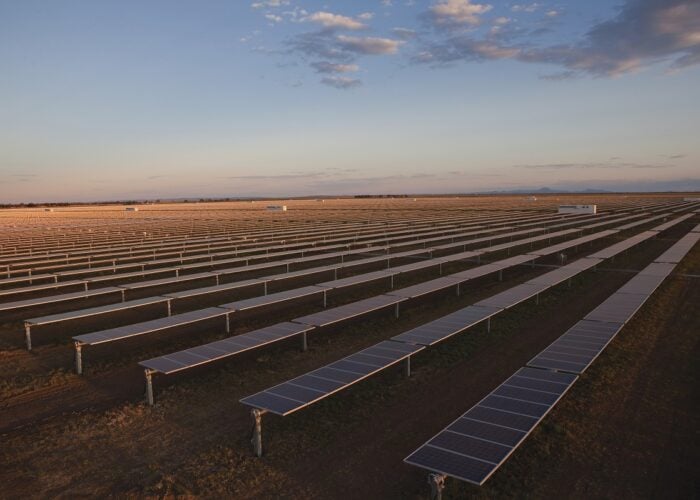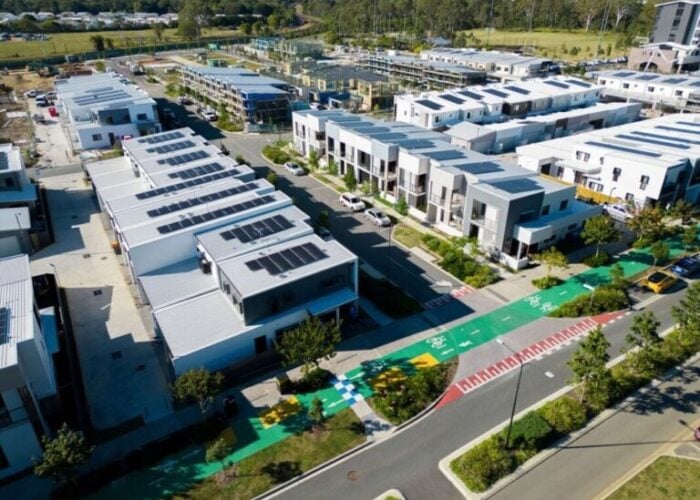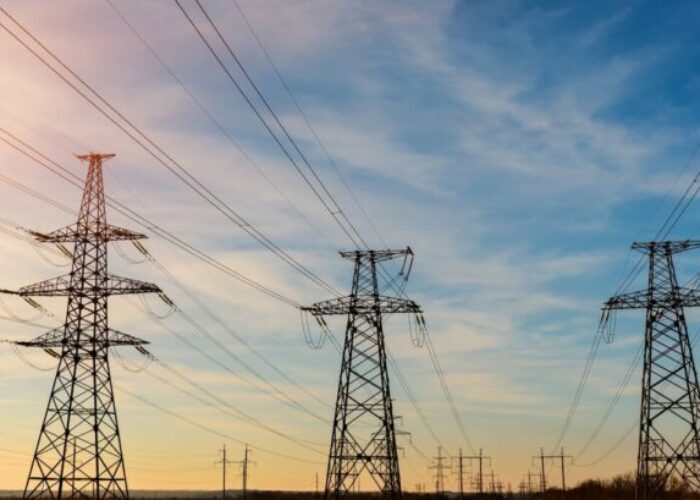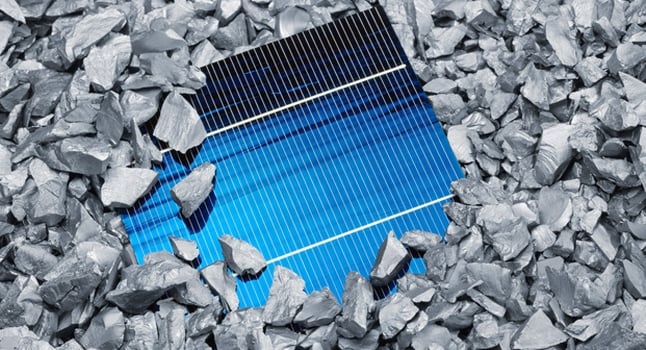
Solar module manufacturer REC Group ceased operations at its polysilicon production facility in Norway this week (22nd November) due to high electricity prices and a fierce polysilicon market.
Representative bodies for the European solar industry have expressed concern over the implications of the closure for domestic manufacturing.
Unlock unlimited access for 12 whole months of distinctive global analysis
Photovoltaics International is now included.
- Regular insight and analysis of the industry’s biggest developments
- In-depth interviews with the industry’s leading figures
- Unlimited digital access to the PV Tech Power journal catalogue
- Unlimited digital access to the Photovoltaics International journal catalogue
- Access to more than 1,000 technical papers
- Discounts on Solar Media’s portfolio of events, in-person and virtual
Or continue reading this article for free
According to a press release from REC, the price of electricity in Norway, alongside worldwide overproduction of polysilicon, made its operations untenable in comparison with its Chinese competitors.
Polysilicon prices have plummeted in the last year; leading Chinese polysilicon giant Daqo New Energy saw slashed revenues in Q3 2023, down more than 50% year-on-year despite shipping almost twice the volume as in Q3 2022. In its press release, REC cited these inhospitable market conditions, which it expected to continue, as another reason for its closure.
Responding to PV Tech for this story, secretary general of the European Solar Manufacturing Council (ESMC), Johan Lindahl, said: “This pricing pressure stems from China’s subsidies of renewable industries for over a decade. Meaning that the capacity build-up in China has not been propelled by global demand but rather by an opportunities logic.”
Reports say that REC Group made a loss of NOK335 million (US$31 million) last year. In response to an inquiry from PV Tech, the company said that this closure had no impact on its cell and module operations in Singapore.
After a temporary shutdown in 2022, the company tentatively resumed partial operations in March this year alongside technology development and cost-saving measures. However, operations paused again in August and the facility has now been shut down.
“This is hurtful news for European solar manufacturing”, said Dries Acke, policy director at trade body SolarPower Europe in response to PV Tech‘s inquiry. Indeed, the news causes concern for the EU as it tries to onshore production and lessen its dependence on China.
“We’ve repeatedly warned policymakers that manufacturing in Europe face energy prices twice as high as China and three times as high as the US,” Acke continued. “We urge decisionmakers to see a wake up call in this latest blow to the European solar production sector.”
According to the Ultra Low-Carbon Solar Alliance, REC’s Norway facility had 2.4GW of production capacity which, though small compared with German producer Wacker Chemie’s 20GW+, now leaves Wacker as the sole European polysilicon producer left standing.
Fellow Norwegian manufacturer Norsun halted its silicon ingot production in September due to an influx of “exceptionally low price” Chinese PV products to Europe, and a month later PV Tech’s head of research Finlay Colville described the supply situation in Europe as “out of control”. Norsun then announced plans for a 5GW US wafer plant.
Lindahl said: “The European Union has communicated ambitious goals to re-establish a PV industry in Europe — along the whole value chain — but actions to support and secure a regulatory framework to save European actors that are fighting the global price pressure that started in spring have so far been insufficient.”
The EU Parliament this week voted to approve the Net Zero Industry Act (NZIA) to enact measures building up the bloc’s renewables manufacturing industry to meet 40% of demand with domestic supply. MEP’s said it would cover the “entire supply chain, including components, materials, and machinery for producing net zero technologies.” Whilst it has been praised by trade and representative bodies, the act came too late for REC.
“The outlook for the upper segment of the PV manufacturing value chain in Europe is becoming grim,” Lindahl continued.
“In addition to losing manufacturing capacities, we are also losing knowledge about mass production in this part of the value chain, which makes the reestablishing of a complete European PV manufacturing value chain even more challenging.”
Acke urged EU policymakers to act: “We have solutions that can help. Relaxing subsidy rules to allow the support of factories’ opex, setting up dedicated European financing for manufacturing, and establishing resilience auctions through the EU Net-Zero Industry Act, are all quick, effective tools we can deploy.
“We also urge member states to consider credit lines and state guarantees to solar production companies struggling with the current challenging market conditions.”
He concluded: “We are running out of time.”

